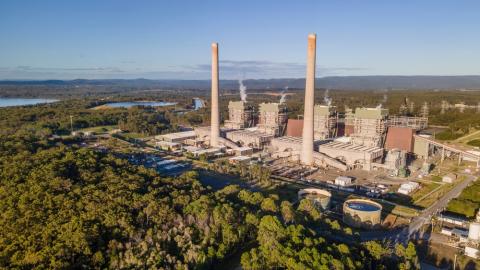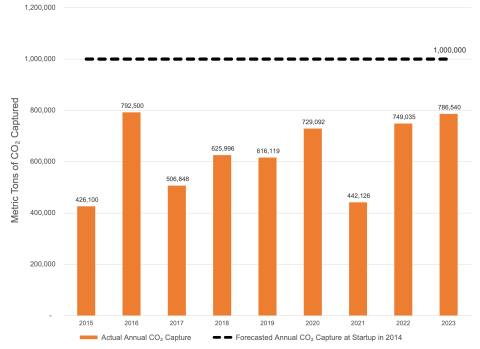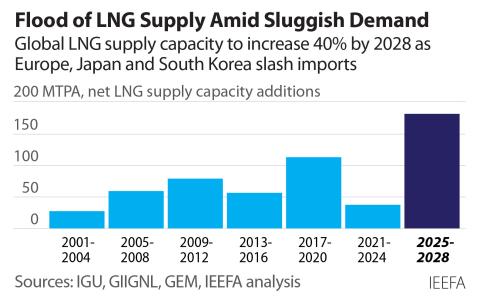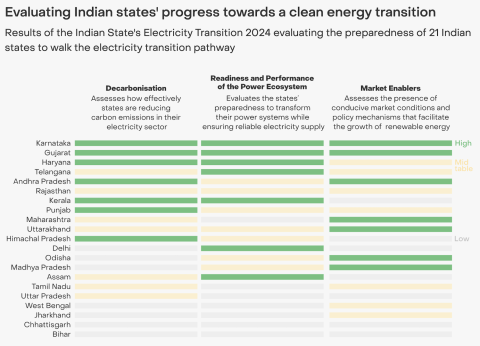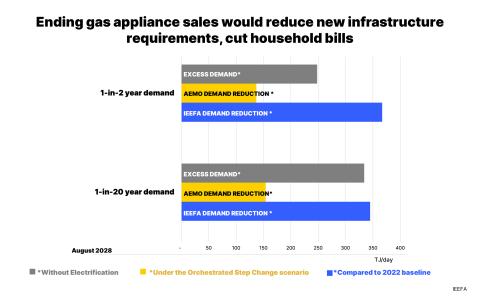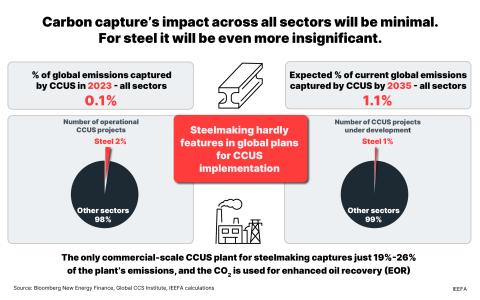Guyana's tax giveaway: Guyana pays ExxonMobil, Hess and CNOOC's annual income taxes
Download Full Report
Key Findings
Guyana is giving tax breaks worth at least USD$1.7 billion over five years to three of the world’s largest oil companies.
Tax concessions granted to ExxonMobil, Hess and the China National Offshore Oil Company (CNOOC) by the Guyanese government absolve the companies from paying annual income taxes that other Guyanese companies and citizens are required to pay.
Executive Summary
The Guyanese government has granted a tax concession to three companies (ExxonMobil, Hess and the China National Offshore Oil Company) that are drilling under the Stabroek oil profit-sharing agreement. The tax concession absolves the companies from paying annual income taxes to the Guyana government—taxes that other Guyanese companies and citizens would be required to pay.
The agreement with the companies establishes that the income made by the companies in Guyana is taxable under Guyana law. The normal corporate tax rate is 25%. The contract, however, requires the government of Guyana to pay the annual tax for the companies.
This study finds that:
- The tax concession lowers Guyana’s oil take from 12.5% to 9% of gross revenues from the sale of oil.
- The government recently announced a seventh oil lift and that Guyana has been paid USD$388 million since December 2019. This is a pre-tax number. IEEFA assumes that the taxes on this amount are USD$97 million. How much of the oil payments currently in the Natural Resources Fund (NRF) are actually available for the budget?
- There do not appear to be any withdrawals from the Natural Resources Fund to pay the taxes for 2019 and 2020 or other expenses that may be owed. How is the government paying for these expenses?
- Over the next five years, IEEFA estimates the tax payments by Guyana will amount to roughly USD$1.7 billion, or approximately USD$340 million per year. The budget deficit for FY2021 is USD$525 million. The tax concession is part of the profit-sharing agreement between the companies and Guyana. The contract contains a series of incentives provided to the companies in exchange for a 50% share in the profits from the oil for Guyana. Recently, Vice President Bharrat Jagdeo has acknowledged that the expectations of fast revenue to Guyana were overstated.
The government has made a pledge to be transparent about the amount of money the country receives from the oil agreement. The amount announced by the government (USD$388 million) is implied to be the amount available to Guyana’s budget. Greater clarity and improved reporting are needed. The government reporting would be more transparent if it accounted for expenses that are incurred against the revenue received.
U.S. tax law allows ExxonMobil and Hess to claim the tax payments against their U.S. income tax. This is not a matter for Guyana officials. However, additional disclosures might reveal that ExxonMobil and Hess have received an enhanced benefit that is not being considered as part of the profit-sharing agreement.


